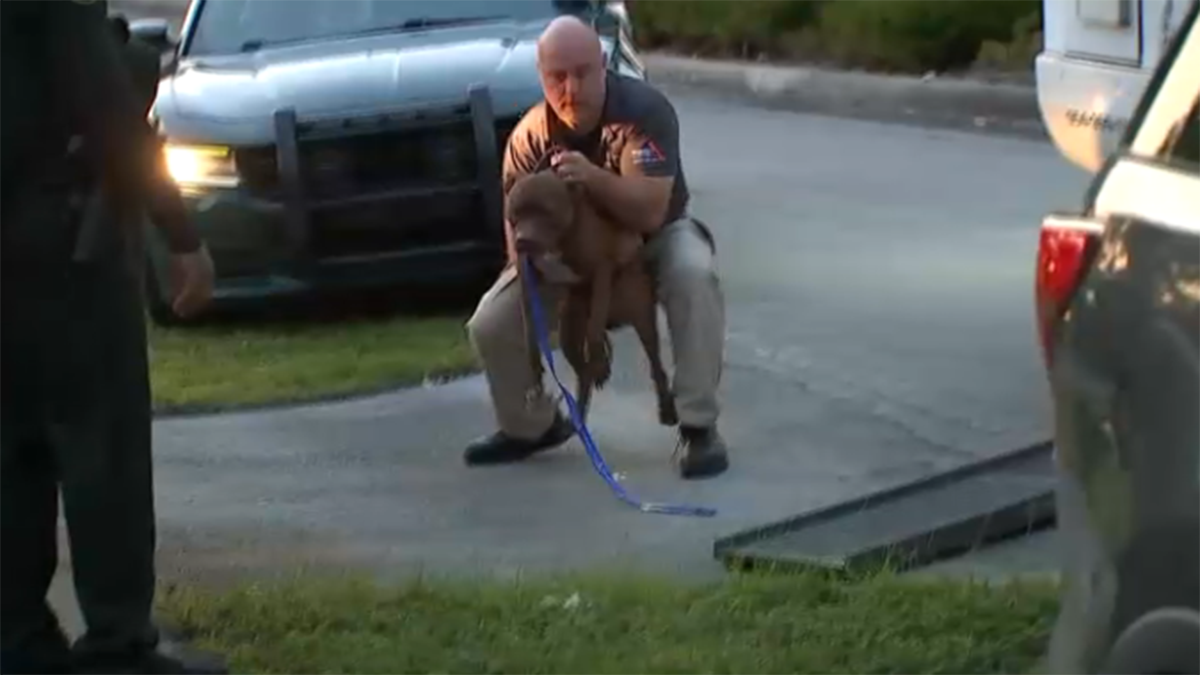While the announcement has not been made, it is expected President Donald Trump will name Sen. Marco Rubio as secretary of state.
If selected, Rubio could be the first Hispanic to hold the high-ranking post, which dates to the country's founding.
Watch NBC6 free wherever you are
>While Rubio has not been officially named, activists and experts in Latin America are already discussing what Trump policy would look like in his second term with Rubio as secretary of state.
“From the perspective of somebody who studies Latin America, it's always great to have somebody that knowledgeable, and who happens to be Latin American in the end,” said FIU Politics Prof. Eduardo Gamarra, who described Rubio as someone who is well-educated, well-read and who possesses extraordinary analytical skills.
Get local news you need to know to start your day with NBC 6's News Headlines newsletter.
>Gamarra is also a colleague of Rubio, who while serving in the Senate remains a professor at FIU’s Steven J. Green School of International and Public Affairs.
When it comes to Cuba, Orlando Gutierrez of the Cuban Democratic Directorate said he is hoping the Cuban Liberty Act is fully enacted.
The law has a very good blueprint for Cubans to return to freedom and democracy, he said.
Gutierrez wants Canada, Europe and the United States to have a united front when it comes to Cuba, and demand the government opens the way for free multi-party elections.
“I think Marco Rubio would be one of the great architects of this great union of different factors that could help the Cuban people recover their democracy and their freedom,” Gutierrez said.
From inside Cuba, activist Manuel Cuesta Morua told NBC6 that the new administration should focus on two things: the entrepreneurial ecosystem on the island and the recognition of the democratic community inside Cuba.
As for Nicaragua, “one powerful step would be the suspension or outright termination of the Central American Free Trade Agreement,” said Felix Maradiaga, a Nicaraguan activist and former presidential candidate now living in exile in the United States after being jailed by the Daniel Ortega government.
Cutting Nicaragua out of the free trade agreement would stop money from flowing into the coffers of the Ortega government, which Maradiaga argues is used to oppress the Nicaraguan people.
When it comes to relations with Cuba, Nicaragua and Venezuela, Gamarra said expect maximum pressure on those countries to continue.
In Venezuela, for example, during Trump’s first term, there were sanctions that specifically targeted the oil sector.
In the case of Cuba, Gamarra said pressure may work as the communist island is at a crossroads – politically, economically and socially. The island is still dealing with the aftermath of two hurricanes, an earthquake and a failing power grid.
“Increasing pressure, this time, may just do the trick,” Gamarra said.



